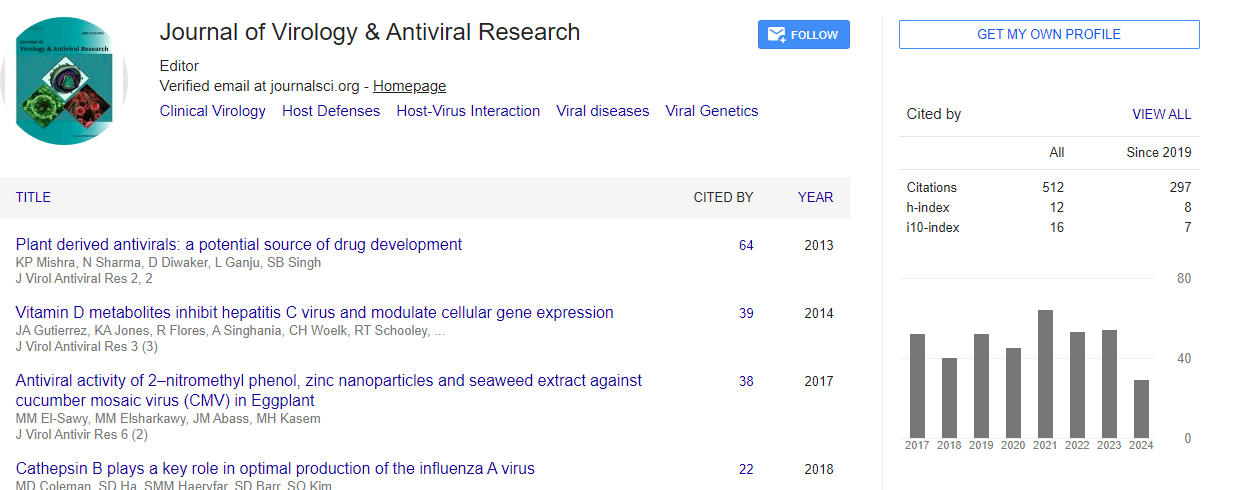Short Communication, J Virol Antivir Res Vol: 6 Issue: 1
Do ABO and Rhesus Blood Groups Affect Susceptibility to, and Prognosis of Ebola Virus Infection?
| Brian Conton1,2, Sahr Gevao1,3, Foday Sahr3,4, Osman Kargbo1,5, Philip Kamara5, Abdulai Bah3, Thomas Massaquoi4, Baimba Idriss4, Foday Sesay4, Adeshola Williams6, Samuel Baker5, Sylvester Nicol6, James B Russell3 |
| 1Global Emerging Pathogens Treatment Consortium (GET), Ghana |
| 2Physio-Fitness rehabilitation Center, Freetown, Sierra Leone |
| 3College of Medicine and Allied Health Sciences, University of Sierra Leone |
| 434 Military Hospital, Wilberforce, Freetown, Sierra Leone |
| 5National Safe Blood Transfusion Services, Connaught Hospital, Freetow, Sierra Leone |
| 6Davidson Nicol Medical Centre, Freetown, Sierra Leone |
| Corresponding author : Brian Conton Physio-Fitness rehabilitation Centre, 36 Kingharman road Freetown, Sierra Leone Tel: 232 88 626262 E-mail: bconton@gmail.com |
| Received: December 05, 2016 Accepted: December 28, 2016 Published: January 04, 2017 |
| Citation: Conton B, Gevao S, Sahr F, Kargbo O, Philip K, et al. (2017) Do ABO and Rhesus Blood Groups Affect Susceptibility to, and Prognosis of Ebola Virus Infection? J Virol Antivir Res 6:1. doi: 10.4172/2324-8955.1000165 |
Abstract
In 2014, the largest Ebola outbreak known to man, thundered through West Africa. It infected close to 30,000 people, and killed over 11,000. Yet, though we have known about Ebola for almost forty years, little data is available on survival and infection patterns of this viral hemorrhagic disease. Examining parallels between blood groups and human disease susceptibility is a valid, and increasingly used method of finding such patterns. This study permitted the observation of the different blood groups in Ebola infected patients and survivors. This was compared against the blood group distribution of the general population as well as those within the study, who succumbed to the disease. Blood group A in particular rose to 36.36% of the survivor population in our study, when it only forms 21.1% of the normal population. It formed 9% of the deceased group. The results show that the disparities in the blood group profiles of the general population, infected patients, survivors and deceased are marked enough to infer that ABO and Rhesus blood groups could be a factor in the infection and survival of Ebola Virus Disease (EVD)
 Spanish
Spanish  Chinese
Chinese  Russian
Russian  German
German  French
French  Japanese
Japanese  Portuguese
Portuguese  Hindi
Hindi 

